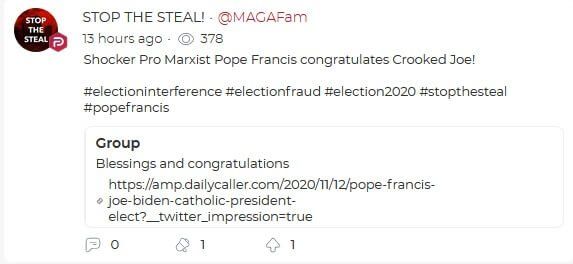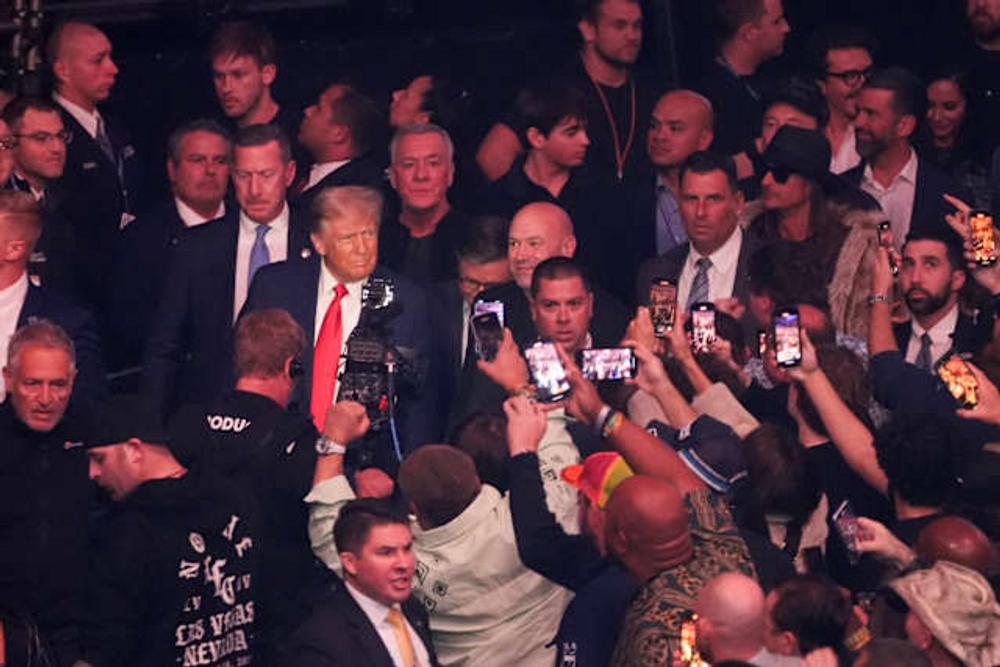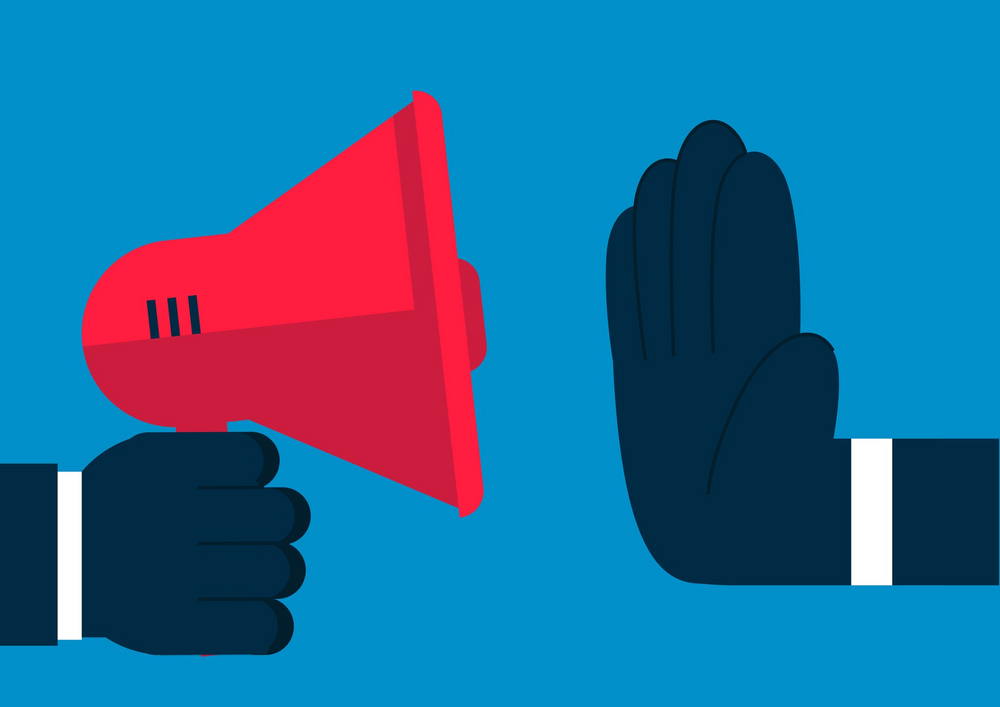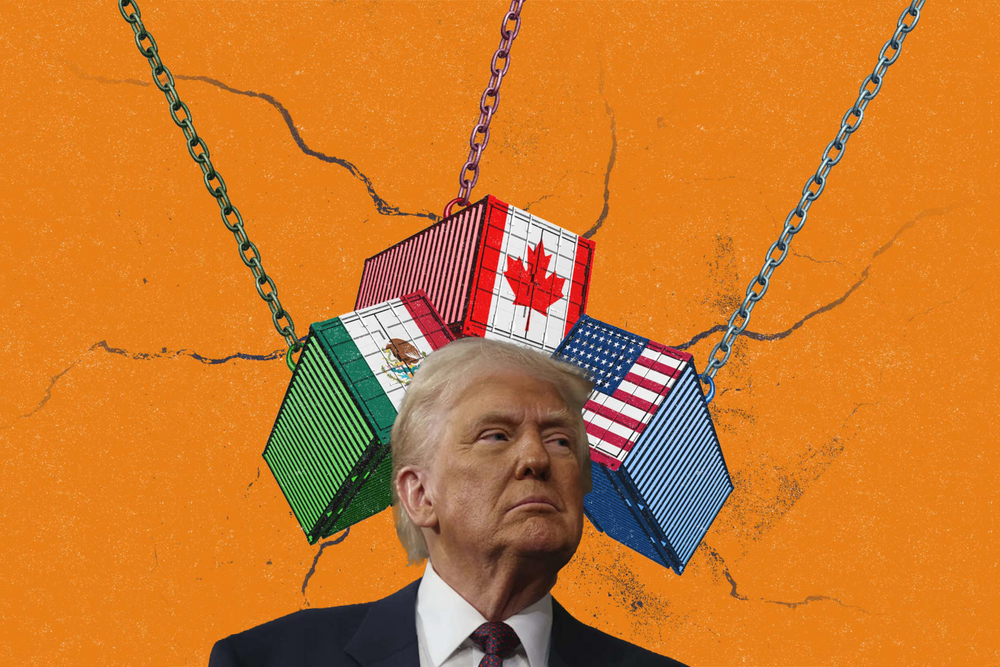
Parler: A New Social Media Hangout for Conservatives to Vent, Plan
When Twitter started blocking President Donald Trump’s postings claiming widespread voter fraud, some cheered. Others started looking for social media exits.
They found a new option at Parler.
Fed up with what they see as an anti-conservative bias by managers of the major social media platforms, Trump supporters are telling their followers on Twitter and Facebook to “Follow me on Parler.”
From the French word “to speak” or “to talk” but pronounced “PAR-lor,” the social media app is a lot like Twitter, with users posting messages and following topics searchable as hashtags.
Launched in 2018 in Nevada, Parler welcomed newcomers to “a non-biased, free speech social media focused on protecting user’s rights.”
Over the past year, conservative celebrities have flocked to Parler, a trend that has accelerated since the 2020 U.S. election. As Twitter and Facebook tried to tamp down misinformation about the election, more than 4 million accounts were launched on the app within days, the company says.
Among Parler users are Senator Ted Cruz, a Texas Republican, and Fox News host Sean Hannity.
Posts on Parler are called “parlays.” One on Thursday, under the hashtag #StoptheSteal, said “Shocker Pro Marxist Pope Francis congratulates Crooked Joe!”

“To parlay is to have a discussion bridging the differences,” said Amy Peikoff, Parler’s chief policy officer. “Coming to an understanding between two different viewpoints, and this is the sort of discussion that we want to foster on Parler.”
Previous alternatives to Facebook and Twitter have popped up in the U.S. claiming to be true bastions of free speech. Gab, which became a haven for neo-Nazis, was booted from the app stores of Apple and Google because it didn’t take down hate speech.
But the popularity of Parler – and other right-wing sites such as MeWe and Rumble, a video site – comes amid growing pressure on social media firms to do more to monitor their sites, particularly addressing misinformation about voting and the election results.
Twitter, Facebook and to a lesser extent Google, the owner of YouTube, have put labels on tweets, posts and videos that claim election fraud. In some cases, they stopped the content from being shared and spreading.
Much of the conversation on Parler echoes Trump’s unsupported claim that the November 3 election was stolen by Democrats through massive voter fraud. #StoptheSteal is a top hashtag for those who claim without proof that former Vice President Joe Biden, the projected winner of the 2020 presidential race, stole the election.
Last week, Facebook took down a Stop the Steal group that had gained more than 300,000 users in 24 hours. Facebook said it stopped the group because it was trying to incite violence.
“The group was organized around the delegitimization of the election process, and we saw worrying calls for violence from some members of the group,” a Facebook spokesman told The New York Times.
Parler users have also crossed that line at times: An Arkansas police chief used the site to urge violence against Democrats he claimed were preventing Trump’s reelection. When the posts appeared in news stories, his public account was removed and he was forced to resign.
While the Parler algorithm does not promote posts to keep users engaged, the company says it is serious about its commitment to free speech and does not block extremist content.
“The fact that we don’t block out the content from various extremists does not mean that our goal is to further all of those views,” said Parler’s Peikoff. “What we are planning to do is give the widest freedom possible so that people can have a full discussion.”
For years, the leading social media companies have been criticized for their finely tuned algorithms designed to boost users’ time spent on the sites. That has led to some users receiving a stream of increasingly extremist content on their feeds, according to Michael Karanicolas, the Wikimedia fellow at the Yale School of Law.
The rise of Parler, he said, “potentially suggests that if platforms do try and steer people away from these echo chambers and steer people away from what they want, the people will just migrate elsewhere.”
There is one potential customer that Parler has not yet managed to attract: Trump, himself.
While @TeamTrump, Trump’s reelection campaign, is on the site with 2 million followers, the president isn’t on Parler, yet.
With nearly 89 million followers on Twitter, Trump is still tweeting, even as Twitter has been putting warning labels on more of his tweets.
Tags
America's Voice Newsvoa newsvoa news 2020real america's voicevoa news 11-13-20parler new social media Biden Presidency Could Be Watershed Moment in US-Turkey Relations, Analysts SayNext PostTrump’s Legal Efforts Falter in Bid to Undo Biden’s Presumptive Victory
Biden Presidency Could Be Watershed Moment in US-Turkey Relations, Analysts SayNext PostTrump’s Legal Efforts Falter in Bid to Undo Biden’s Presumptive Victory






